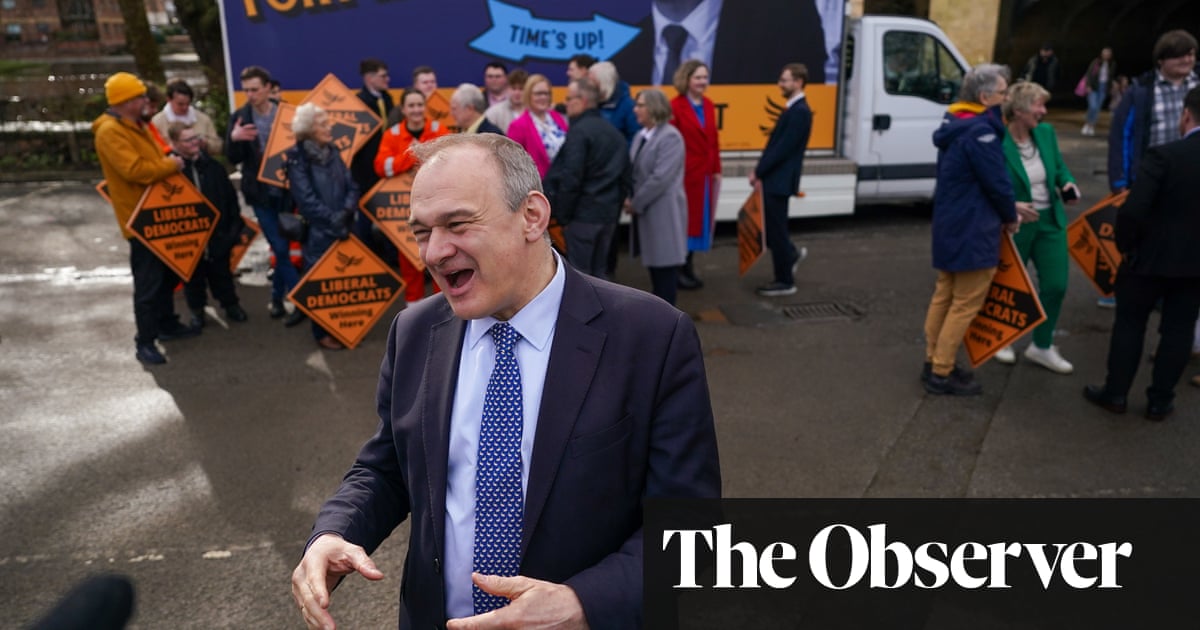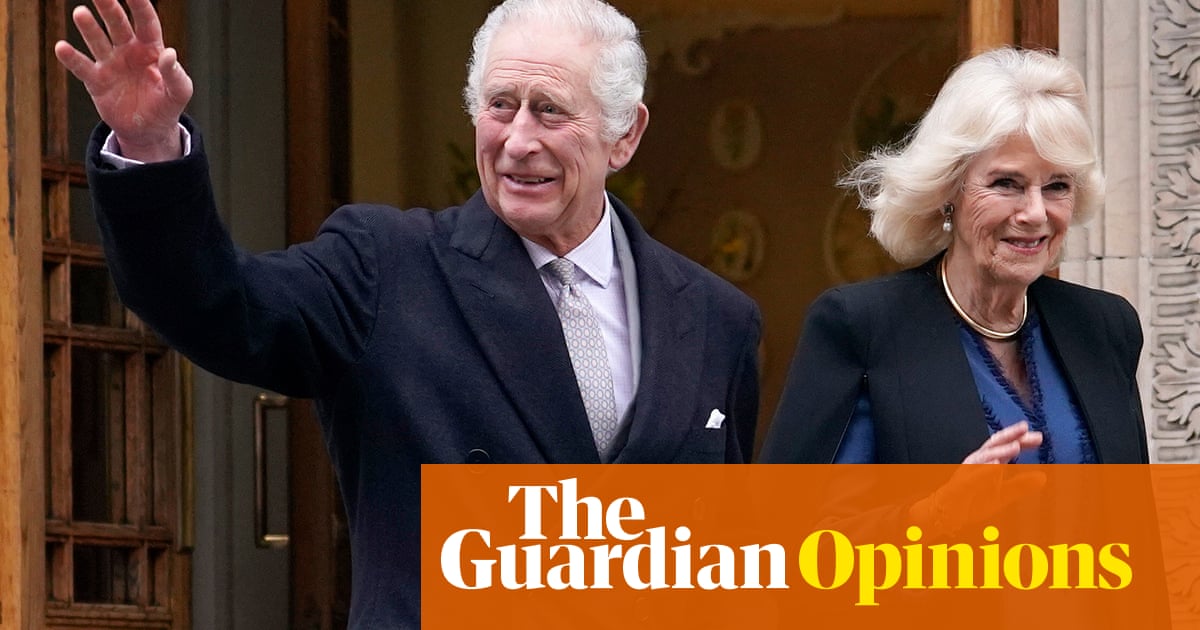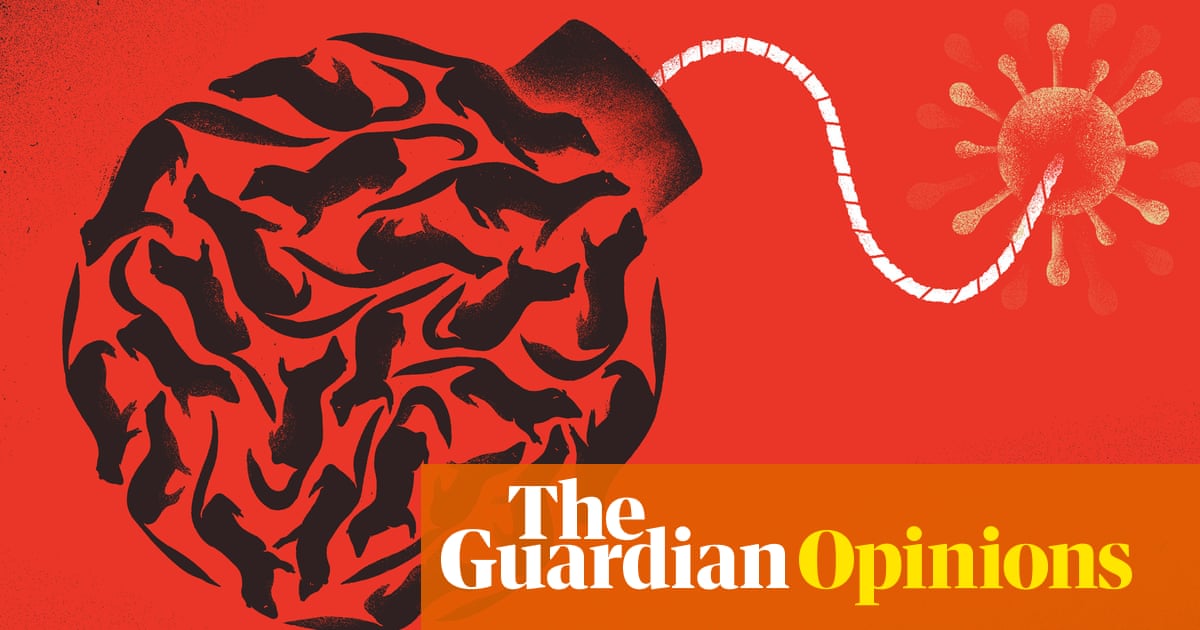
Sir Ed Davey celebrated a highly successful election night by belting out a cover of Sweet Caroline and his party is still feeling so good, so good, so good. Labour’s excitement about power is being tempered by the gritty realities of government. The Tories are still counting their dead and trying to come to terms with being reduced to the lowest count of MPs in the near 200-year history of their party. The SNP has deep wounds to lick. By contrast, the Lib Dem conference in Brighton floats on a cloud of undiluted euphoria. “We haven’t come down yet,” says one of their number. The ecstasy is the more elevated for having been preceded by so many years of agony.
Sir Ed is being feted as a conquering hero. Often scorned before the election as dull, often mocked during the campaign for his wet-suited clowning, he had the last laugh by delivering the best result in his party’s existence. This was not because there was a significant lift in its vote share. That rose by less than 1% and the Lib Dems actually banked fewer votes than in 2019. They achieved a stonking increase in their haul of seats because Sir Ed executed a smart strategy, which clinically concentrated the party’s modest resources on winnable seats. All but two of their 61 net gains on the 2019 result came from eviscerating the Conservatives in what were once blue heartlands. Southern England is now paved with so many Lib Dem seats that it is possible to walk from Sir Ed’s constituency in south-west London to Devon without leaving yellow territory. That was achieved by an eye-catching campaign highlighting the issues that most mattered to his target electors, such as the cost of living, the NHS and filthy waterways, and also intense exploitation of anti-Tory tactical voting. Usually among the victims of first past the post, the Lib Dems turned it to their advantage for once. They are in proud possession of 72 seats, making them the strongest third party presence at Westminster since the era of Asquith and Lloyd George.
That is intoxicating, but the Lib Dems will have to sober up and do some intelligent thinking about how they use and retain their much enlarged parliamentary presence. A big talking point in Brighton is about fortifying their gains so they don’t turn into losses come the next general election when the context will be very different. When voters who plumped for the Lib Dems in July were asked why they made that choice, less than a tenth of them said they always supported the party. Among those who had previously voted Conservative, just 9% said they could not see themselves voting for the Tories again in future. So the Lib Dems would be reckless to treat their seats as impregnable to any change in the political climate.
Most contemporary Lib Dems are more viscerally anti-Tory than they are hostile to Labour
They have historically entrenched themselves by being highly visible and assiduous in their localities. One of Sir Ed’s team quips that all of the new MPs have been “given very strict orders” to “go back to your constituencies and prepare to respond to a lot of case work”. A Lib Dem strategist explains: “It is critical that our MPs are embedded in their constituencies as strong local champions. That makes it very hard to remove us once we’ve got a foothold.” This has certainly been true in the past. They were highly accomplished at retaining seats taken from the Tories the last time the Conservatives were sent into opposition. From the election of 1997 until that of 2015, a sizeable contingent of Lib Dem MPs occupied former Tory seats. Conservatives often used to complain to me that the Lib Dems were like Japanese knotweed: extremely hard to eliminate once they’d got themselves established. David Cameron finally stumbled across the way to uproot them in 2010. That was to invite them into government with the Tories. This led to their near-annihilation five years later.
Most contemporary Lib Dems are more viscerally anti-Tory than they are hostile to Labour. When Sir Ed says his next task is to “finish the job”, he means his primary purpose is to carry on targeting the Conservatives. Not only did his party make virtually all of its election gains from the blue column, it is also the challenger in a chunk of the seats that the Tories hung on to. His hopes of making further inroads into traditionally Tory territory will greatly depend on what the Conservatives do next. Encouragingly for Sir Ed, most of the contenders for the Tory leadership have spent little of their time addressing how they might retrieve the voters they lost to the Lib Dems and much more of their time arguing about how to respond to Nigel Farage’s Reform. Sir Ed reckons that a Tory lurch further to the right will present more opportunities for his party to profit. A centrist pitch by the next Conservative leader would make Lib Dem calculations more complicated.
A big call is how they should deal with a Labour government. Sir Ed says that he intends to be a “constructive opposition”. What that means in practice seems to amount to being oppositional, but in a temperate tone rather than a shouty or finger-jabby way. “We want to show that we’re a better opposition – more united and coherent – than the Conservatives,” says one senior Lib Dem.
Will they oppose Labour from the left or the right? Here they have a dilemma. Sir Ed regards himself as a man of the centre-left. Most Lib Dem activists are left-leaning. Yet their MPs now represent swathes of Buckinghamshire, Hampshire, Oxfordshire, Surrey, Wiltshire and other parts of prosperous southern England.
Some of the country’s wealthiest constituencies have a Lib Dem MP, including Witney, which used to send David Cameron to the Commons, and Maidenhead, held for 27 years by Theresa May. A Lib Dem MP represents Henley, previously Tory since 1910 and responsible for putting Boris Johnson in parliament. Not every voter in these seats is well-off, but they do contain many more of the affluent than the average. They’ll feel the increases in taxes related to wealth that Rachel Reeves plans to announce in her first budget at the end of October. Sir Ed and his party demand more funding for their favoured causes, especially care. To be consistent, you’d expect them to be supportive of some tax increases on those with the broadest shoulders. But that will mean getting behind revenue-raisers, which aren’t likely to be terribly popular among many of the well-heeled folk they now represent.
A fundamental question the Lib Dems have to ask themselves is whether they want the Starmer government to succeed or fail
Sir Ed tells friends that he sees it as part of his role to push Labour “to be more ambitious”. Thus far he has tended to have a go at the government not from the right, but from the left. One of the perks of replacing the SNP as Westminster’s third largest party is that the Lib Dem leader gets the automatic right to put two questions to the prime minister at every PMQs. He’s used them to cajole Sir Keir Starmer to make the carer’s allowance more generous, raise money for public spending by increasing taxes on banks, and attacked taking the winter fuel payment away from 10 million pensioners. Sir Ed calls this the government’s “first big mistake”. A lot of Labour MPs would nod along to that. The Lib Dems also oppose retaining the two-child limit on benefits. Should they want to take them, there will be more opportunities for the Lib Dems to take a jab at the government when it reveals the tough choices it says it will have to make about spending on public services and welfare. Is it a viable long-term strategy for the Lib Dems to press Labour from the left while aspiring to take more seats from the Conservatives? There has to be some doubt about that.
A fundamental question the Lib Dems have to ask themselves is whether they want the Starmer government to succeed or fail. History suggests that they should prefer it to do well because their electoral fortunes are often linked. When Labour governments become unpopular with Middle England, their defeats are usually accompanied by falling support for the third party. That happened in 1951, 1970 and 1979. One veteran Lib Dem says: “If you ask me, in hard political terms, ‘do we want them (Labour) to fuck up?’, the answer is no.” How to be an impactful opposition when the Lib Dems probably need Labour to do all right? That is one of the tricky conundrums that will face Sir Ed and his party when they float back down to earth.
Andrew Rawnsley is the Chief Political Commentator of the Observer












